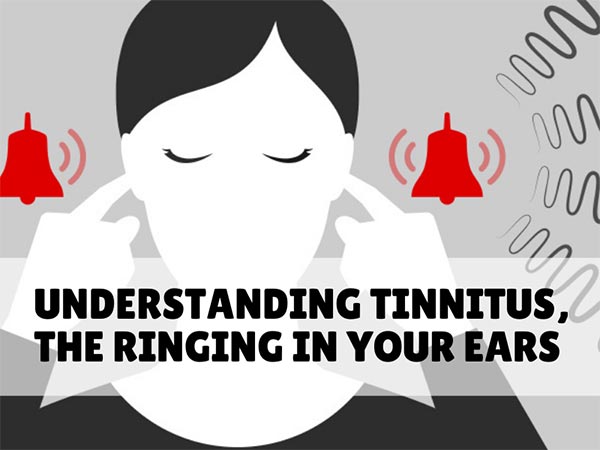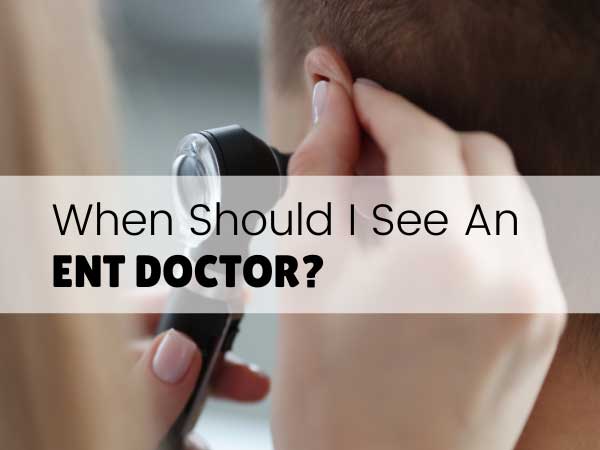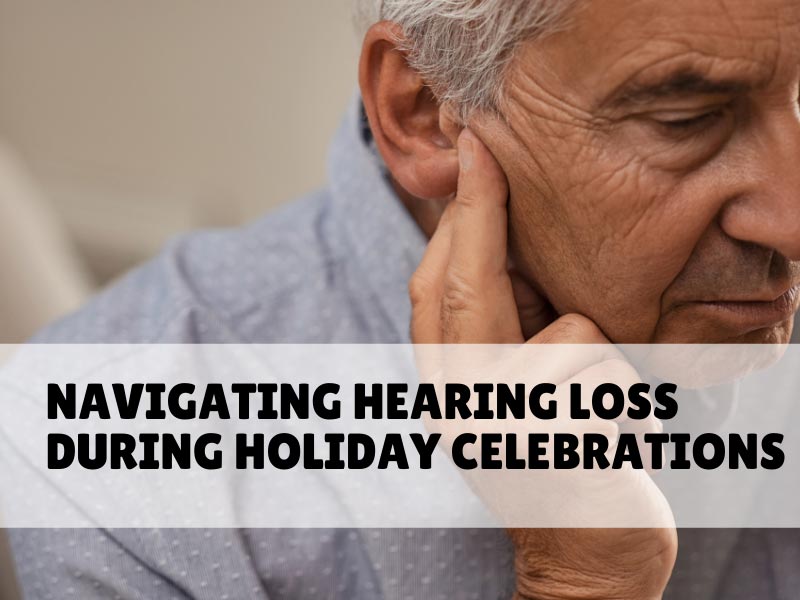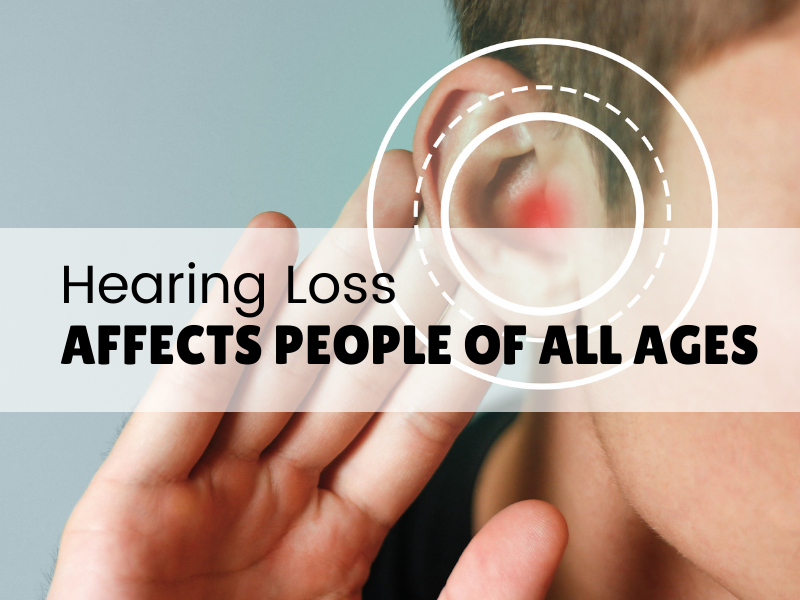Understanding Tinnitus, Ringing In The Ears
 Millions of Americans experience tinnitus, making it one of the most common health conditions. According to the CDC, one in ten Americans experience tinnitus every year.
Millions of Americans experience tinnitus, making it one of the most common health conditions. According to the CDC, one in ten Americans experience tinnitus every year.
Tinnitus is often described as a ringing in the ears but is also commonly described as roaring, clicking, hissing, sizzling, swooshing, blowing, humming, or buzzing. The noises may be soft or loud, high pitched or low pitched. You may hear it one ear or both ears.
Curiously, tinnitus is the perception of hearing sound or sounds in one or both ears, also known as phantom sounds. It is not a disease, it is a symptom that something is wrong in the auditory system.
Although we have tinnitus in our ears, its source is really in the networks of brain cells that make sense of the sounds our ears hear. Something as simple as as a piece of earwax blocking the ear canal can cause tinnitus, but it can also be the result of a number of health conditions.
What Causes Tinnitus?
Causes of tinnitus can vary widely, and people suffering from severe tinnitus may have trouble hearing, working or even sleeping. Tinnitus is sometimes the first sign of hearing loss in older people. Causes of tinnitus include:
- Age-related hearing loss
- Noise-exposure related hearing loss
- Ear and sinus infections
- Heart or blood vessel problems
- Meniere’s disease
- Brain tumors
- Hormonal changes
- Thyroid problems
- Certain medications – According to National Institute on Deafness and Other Communication Disorders, more than 200 drugs are known to cause tinnitus when you start or stop taking them.
If you are experiencing tinnitus, it’s important to get help early to check for underlying health conditions and medications that may be causing your tinnitus.
Tinnitus Treatments
Treatment always depends on the cause, and identifying any health conditions that are causing or contributing to your tinnitus symptoms. While there is no cure for tinnitus, there are treatments that can help people cope with the condition:
- Hearing aids
- Counseling
- Sound masking generators – either wearable or tabletop
- Acoustic neural stimulation
- Cochlear implants
- Antidepressants and anti-anxiety medications
Tinnitus Evaluations at Port Huron ENT
If you are experiencing symptoms of tinnitus, please make an appointment with your primary care provider or Port Huron ENT. Your ENT provider can work closely with our Audiology team in the Port Huron Hearing and Balance Center to help diagnose and treat your tinnitus symptoms.



